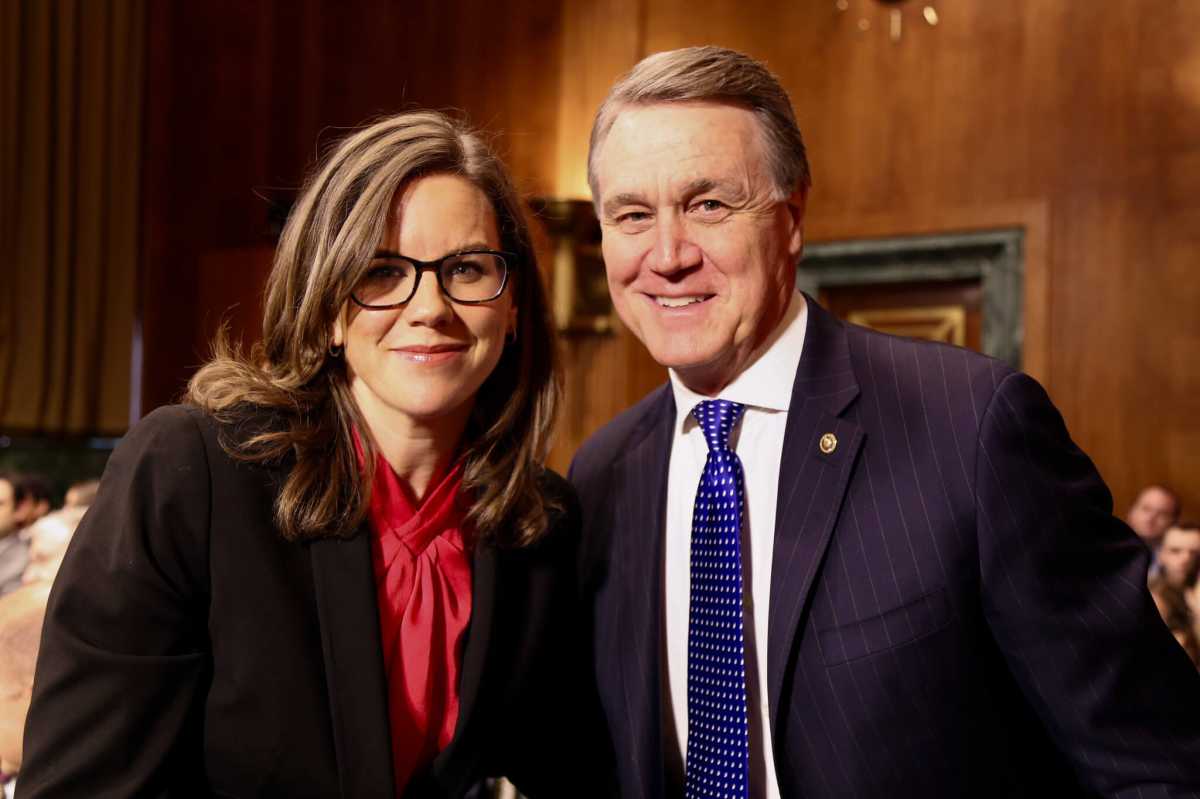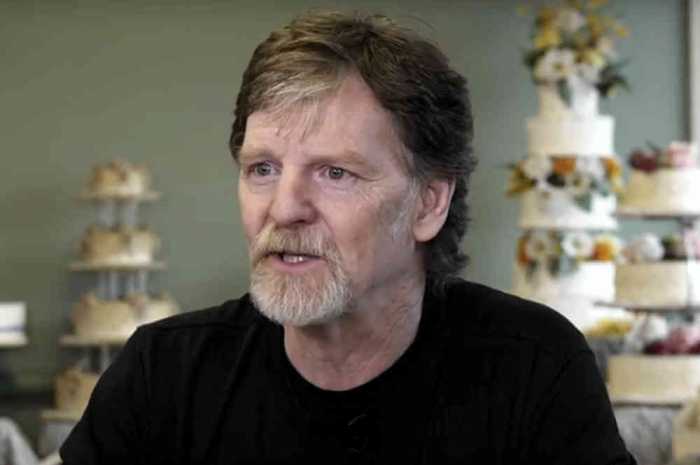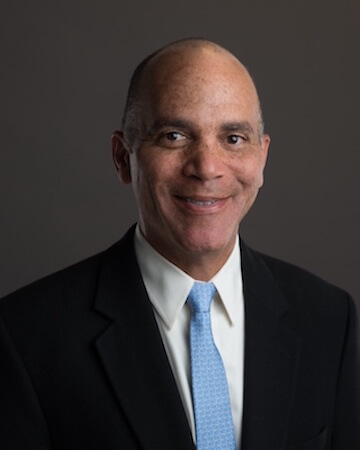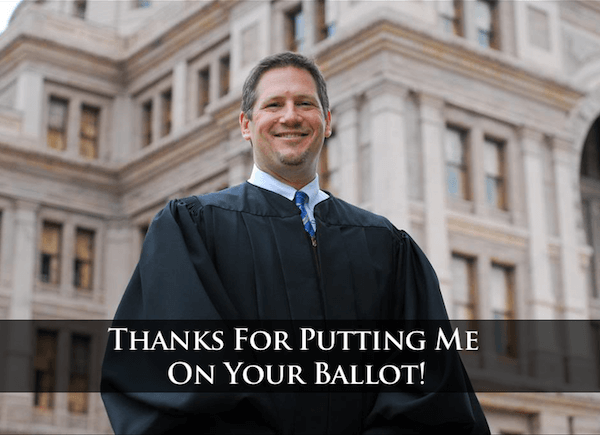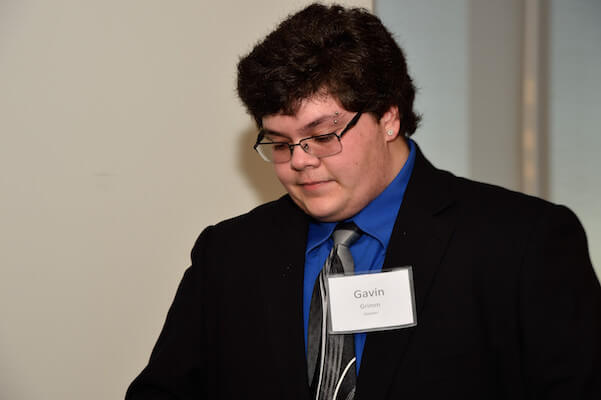A three-judge panel of the federal 11th Circuit Court of Appeals ruled on November 20 that ordinances enacted by Boca Raton and Palm Beach County, Florida, prohibiting licensed therapists from performing conversion therapy on minors violate the therapists’ First Amendment free speech rights.
The panel voted 2-1, with the majority made up of judges appointed by President Donald Trump — Britt Grant and Barbara Lagoa. Judge Beverly Martin, appointed by Barack Obama, dissented.
Both laws at issue were enacted in 2017, after the Florida localities reviewed the voluminous professional literature condemning “sexual orientation change efforts” (SOCE), commonly called “conversion therapy,” as being fraudulent and causing potential harm to minors.
11th Circuit decision could send issue’s fate nationwide to uncertain Supreme Court outcome
Since local governments do not have authority over professional licenses granted by the state, instead they authorized fines for licensed counselors found to have performed such “therapy.” The local laws do not apply to unlicensed counselors, such as religious counselors.
Nobody has actually been prosecuted under either law, but two licensed counselors, Robert W. Otto and Julie H. Hamilton, represented by lawyers from Liberty Counsel, an anti-LGBTQ legal organization, filed lawsuits claiming the therapy they provide consists entirely of speech (rather than older coercive aversion techniques) which cannot be outlawed by the government. Both asserted that they do not claim they can change a person’s sexual orientation, but that their therapy is aimed at helping their clients “reduce same-sex behavior and attraction and eliminate what they term confusion over gender identity.” They also asserted their patients “typically” have religious beliefs that conflict with homosexuality and “seek SOCE counseling in order to live in congruence with their faith and to conform their identity, concept of self, attractions, and behaviors to their sincerely held religious beliefs.”
Their appeal to the 11th Circuit for a preliminary injunction — pending a ruling on the merits — against enforcement of the ordinances sought to overturn a district court ruling against them on that point.
Similar laws passed by several states and other localities have been upheld against First Amendment claims. Both the Third Circuit Court of Appeals and the Ninth Circuit, ruling on statutes in New Jersey and California, respectively, rejected the argument that the First Amendment shields “talk therapy” from state regulation. Both decisions found that the incidental burden on therapists’ speech was justified by the government’s legitimate role in regulating the practices of licensed professionals. The Third Circuit specifically held that when therapists are using speech to provide “therapy,” that is professional speech that comes within the scope of regulatory authority. Both courts recognized the compelling interest of states in protecting minors from harm.
In 2018, the Supreme Court ruled that a California law requiring reproductive health clinics that do not provide abortion services to provide their clients with information about the availability of such services elsewhere was an unconstitutional imposition of a speech requirement at odds with the First Amendment. California sought to defend its law by invoking the concept of “professional speech” as falling within the state’s jurisdiction. Writing for the court in that case, Justice Clarence Thomas rejected the idea that speech employed in providing healthcare was a separate category to be evaluated differently from other forms of speech that receive full First Amendment protection. Thomas specifically criticized the Third and Ninth Circuit conversion therapy opinions.
Following Thomas’ lead, the 11th Circuit majority in this case held that the local laws should be reviewed under the “strict scrutiny” standard, as a content-based and viewpoint-based restriction on speech. This means that the laws would be treated as presumptively unconstitutional, placing the burden on the government to prove they were necessary in achieving a compelling state interest and were narrowly tailored to avoid imposing unnecessary burdens on free speech.
Using that standard, the majority concluded the laws were unconstitutional. Although Judge Grant, writing for the majority, acknowledged that protecting children from harm is a compelling state interest, she rejected the argument that harm to children had been sufficiently shown to justify abridging free speech.
Pointing to the studies considered by the Florida communities, Grant wrote, “When examined closely, these documents offer assertions rather than evidence, at least regarding the effects of purely speech-based SOCE. Indeed, a [2009] report from the American Psychological Association relied on by the defendants, concedes that ‘non-aversive and recent approaches to SOCE have not been rigorously evaluated.’ In fact, it found a ‘complete lack’ of ‘rigorous recent prospective research’ on SOCE.”
Grant noted that the same report stated that “there are individuals who perceive they have been harmed and others who perceived they have benefited from non-aversive SOCE.’ What’s more, because of this ‘complete lack’ of rigorous recent research, the report concludes that it has ‘no clear indication of the prevalence of harmful outcomes among people who have undergone’ SOCE.”
She concluded, “We fail to see how, even completely crediting the report, such equivocal conclusions can satisfy strict scrutiny and overcome the strong presumption against content-based limitations on speech.”
Grant argued that people who claim harm from SOCE practitioners can bring malpractice claims or file complaints with state regulators.
The panel reversed the district court’s decision and sent it back there, directing it to impose a preliminary injunction pending the case’s resolution on the merits.
Martin, the dissenting judge, conceded that the ordinances are subject to “strict scrutiny.” Given Thomas’ opinion in the California abortion disclosure case, it seems likely that basing her dissent on the idea that these laws regulate professional conduct and not speech as such was not going to get anywhere. Still, she argued this is that rare case where a statute that prohibits a form of speech based on its content and viewpoint could be justified as serving the compelling interest of protecting minors from harm.
She rejected the majority’s conclusion that the laws “restrict ideas to which children may be exposed” by pointing out that nothing prevents therapists from discussing with their minor patients “the perceived benefits of SOCE,” and also that therapists “may recommend that their minor patients receive SOCE treatment from a provider elsewhere in Florida.”
The only limitation imposed by the laws was the actual practice of this “talk therapy” on their patients in Boca Raton and Palm Beach County.
Most of Martin’s dissent dissected the majority’s dismissive evaluation of the evidence Boca Raton and Palm Beach County legislators relied on in banning conversion therapy. She rejected Grant’s assertion that there is “insufficient evidence to conclude that SOCE is so harmful as to merit regulation.” Pointing to the 2009 APA report, she quoted, “There was some evidence to indicate that individuals experienced harm from SOCE,” including non-aversive methods. That report went on to say that “attempts to change sexual orientation may cause or exacerbate distress and poor mental health in some individuals, including depression and suicidal thoughts.” It also “catalogued recent studies reporting that patients who undergo SOCE experience negative consequences including ‘anger, anxiety, confusion, depression, grief, guilt, hopelessness, deteriorated relationships with family, loss of social support, loss of faith, poor self-image, social isolation, intimacy difficulties, intrusive imagery, suicidal ideation, self-hatred, and sexual dysfunction.’”
She was particularly critical of Grant’s heavy reliance on the APA report’s comment about the lack of “rigorous recent prospective research” on SOCE, pointing out that rigorous research would require an unethical methodology.
“The APA has cautioned that ‘to conduct a random controlled trial of a treatment that has not been determined to be safe is not ethically permissible and to do such research with vulnerable minors who cannot themselves provide legal consent would be out of the question for institutional review boards to approve,’” Martin wrote. “One implication of the majority holding is that because SOCE is too dangerous to study, children can continue to be subjected to it.”
She also criticized the majority’s focus on comments selectively quoted from one APA report, and discounting that “SOCE is a practice that has already been deemed by institutions of science, research and practice” — listing nine of them — “to pose real risks of harm on children.”
The Boca Raton and Palm Beach County governments now face a strategic decision. The luck of the draw exposed them to a panel whose majority were Trump appointees. Since this opinion is out of step with rulings by other federal courts of appeals, it is possible the 11th Circuit would grant a motion for reconsideration by the full circuit bench. However, the six Trump appointees make up exactly half of the 11th Circuit bench, and the chances that the full circuit would overturn this ruling seem slim.
The defendants could also directly petition the Supreme Court for review, but that could be tempting fate given Trump’s success in shifting that bench to the right as well. This is the first federal court of appeals to part company from the many cases rejecting First Amendment challenges to such laws, increasing the likelihood that it would grant review, which could produce — in a worst case scenario — an opinion invalidating all the existing laws against conversion therapy nationwide. On the other hand, a ruling upholding their constitutionality could encourage the current campaign to get more jurisdictions to adopt them.
But given the odds, it may more prudent for the Florida localities not to appeal, let the preliminary injunction go into effect, and concentrate on putting together a strengthened evidentiary record on the harms that SOCE does to minors to make it more likely they will prevail on the merits at the district court.
The 11th Circuit panel received five amicus briefs, all defending the challenged laws. Among the organizations signing the briefs were the APA, the Florida Psychological Association, the National Association of Social Workers, the National Center for Lesbian Rights, the Southern Poverty Law Center, the Equality Florida Institute, and the Trevor Project.
In the wake of a majority opinion that relied so heavily on what it characterized as “equivocal” conclusions from the APA, that group’s president, Sandra L. Shullman, PhD., released a written statement saying, “Sexual orientation change therapy is highly unlikely to change a patient’s sexual orientation and there is real evidence of harm, according to a 2009 study of the peer-reviewed scientific literature conducted by the American Psychological Association. The scientific research since 2009 has greatly increased the evidence that participants in such efforts believe they were harmful. Although these results came mostly from studies of adults, APA shared with the court our concern about the likely harmful effects on minors who cannot legally consent to such procedures. The presumption behind these treatments is that any sexual orientation other than heterosexuality is inherently flawed and must be fixed.”
To sign up for the Gay City News email newsletter, visit gaycitynews.com/newsletter.

